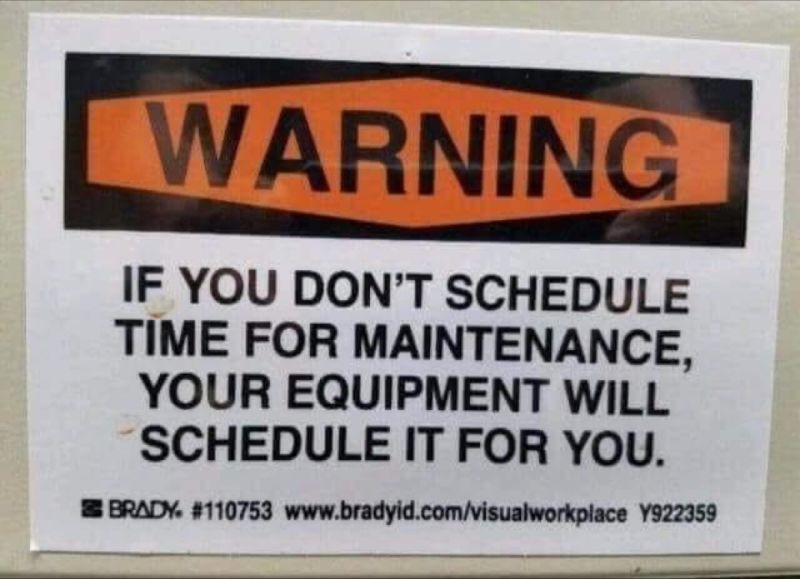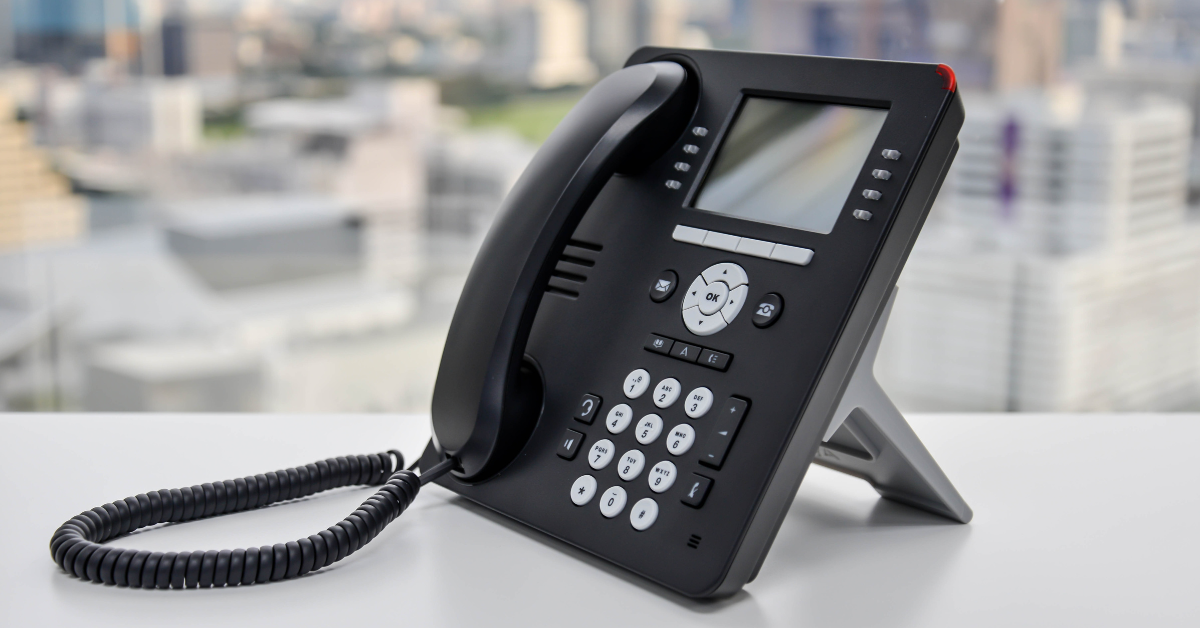Here are two simultaneous truths:
- As massive strides continue to be made in the development of new technologies, instant communication has created a culture of immediacy at all hours.
- Human beings cannot work 24/7.
Humans are more connected to each other than ever before. If your customer doesn’t receive an answer from you on their terms, they will more than likely move right on and seek help from someone else. Availability is one of the strongest assets your business could have, and demonstrates that you are committed to going above and beyond providing exceptional customer service to your clients. Being available 24/7 ensures that your customers will always be able to reach your company before any of your competitors that don’t provide round-the-clock support.
But all-hours service isn’t quite that simple.
The Dangers of an Overworked Staff
Simply put, humans cannot work when they are sick or burnt out. Don’t ever push your employees past their limit – this will not only be a negative experience for them that will forever be associated with your company’s name, but it’s also overall detrimental to your business as exhausted employees start making expensive mistakes in their work-induced delirium. This can even turn deadly as drained, overloaded, unfocused workers must then get behind the wheel of a car to travel to and from their jobs – according to the National Sleep Foundation, approximately 6,400 people die annually from drowsy driving, but researchers from the AAA Foundation for Traffic Safety estimate that the actual number of fatigue related road fatalities is up to 350% more than what is reported. Don’t put your employees in that situation. Don’t put your community in that situation. Your staff’s health should take priority over any business operations.
So what do you do? How can you address both of these issues at the same time? How can your business operate at all hours without overwhelming your staff? Thankfully, there are a few practices that can be implemented to help smoothly transition into round-the-clock service.
1. Give Clients Multiple Ways to Contact You
Communication by phone is typically the bread and butter of any customer/business interaction. However, phone calls aren’t perfect. It is much more common for callers to hang up when presented with voicemail or an automated menu rather than hold or leave a message. Because of this, is a good idea to have multiple avenues available for customers to get in touch with you. Emailing is generally the second most common contact method, and offering an email address along with a phone number has become standard practice among businesses. You can also offer an online contact form for customers to formally submit an inquiry, or a chatbot on your website for them to ask questions. Another helpful tip is to offer an FAQ page so that they might even find what they are looking for on their own.
2. Pay Attention to Employee Health and Morale
If you decide to hire in-house employees for 24/7 services, it is important to maintain a healthy environment for them to work in so as not to burn them out. Provide your staff with consistent but flexible scheduling. It’s typically not a very good idea to switch workers between day and night shifts. Those that are used to the night shift will likely have a different circadian rhythm than those who are used to working during the day. Be sure to treat your night staff the same as your day staff. It is easy for nighttime workers to feel shortchanged in terms of benefits, opportunities, and even respect on top of a shift that already presents its own set of challenges. Maintain a consistent company culture to ensure that the office feels no different at night than it does during the day. If you are having trouble finding workers to take on night shifts, consider offering incentives for the position to make it more appealing.
3. Hire an Answering Service
Remember when we said that communication by phone is typically the bread and butter of any customer/business interaction? That’s still true – most people will call a business first before trying other contact methods. But we have also discussed that an in-house receptionist obviously can’t work 24/7 to answer calls at all hours, so expanding availability times for callers requires additional manpower. Of course, as mentioned, you could always just hire more people at your office, but doing so requires hiring costs, training, office space, and people willing to work at night. That’s where a 24/7 answering service like Dexcomm comes in. When you partner with us, we provide an entire team to help you offload calls at any hour. Our agents are thoroughly trained on your specific business practices to blend in seamlessly with your in-house services. We pride ourselves on providing exceptional, consistent customer service for businesses no matter the time. You won’t need to worry about restructuring your office and staff to accommodate 24/7 support – our expert team can do it for you.
Round-the-clock operations for businesses are growing more appealing – and more attainable – than ever before. Expanding your availability doesn’t have to be difficult or costly. Consider taking a look at our Services page to learn more about how we can help you tackle becoming an all-hours company.








